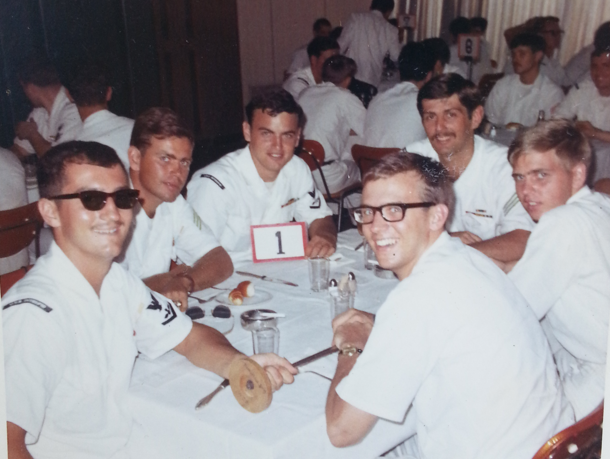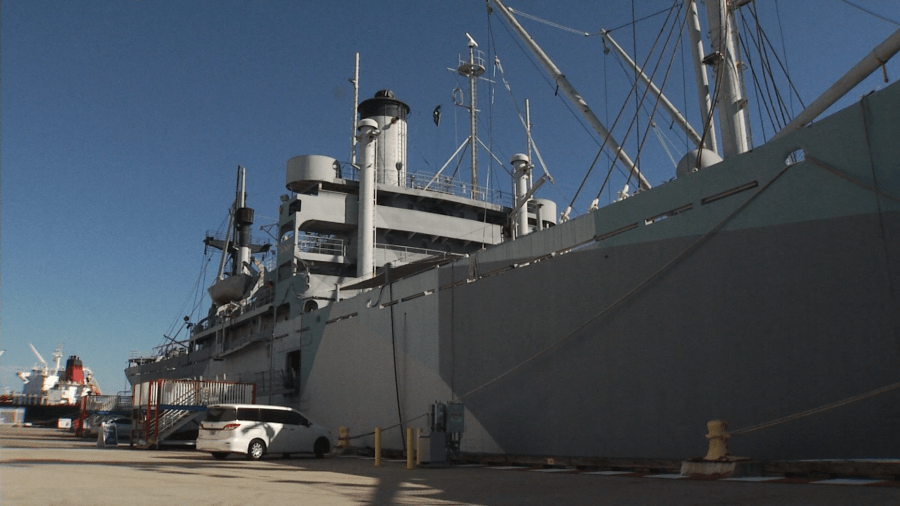TAMPA, Fla. (WFLA) – When the Bluewater Navy Vietnam Veterans Act passed, veteran Mark Wheeler was one of many who thought the medical coverage they waited decades for had finally arrived.
Wheeler has been battling cancer for nearly a decade.
“I was so excited just like everyone else, only to find out I wasn’t included because of some manmade line in the middle of the ocean,” Wheeler said.
The Bluewater Law, passed in 2019, drew a line at 12 nautical miles from what is known as the baseline off the Vietnam coast. Anyone who served in larger ships beyond that during the Vietnam War, including Wheeler, were excluded.
Wheeler provided a picture of him sitting with five other sailors he served with on the U.S.S. Intrepid.
“I have prostate cancer,” Wheeler said. “One other guy in the picture died from prostate cancer.”

Agent Orange was a syrup-like herbicide, aimed at killing vegetation in the jungles of Vietnam so American soldiers could see the enemy.
But it also killed veterans like the Tampa Bay area’s Lonnie Kilpatrick.
“I went from having osteoarthritis to having masticized bone cancer all over my body. How the hell do they do that,” he said a short time before his death.
Kilpatrick, who served in Guam during the war, was one of the inspirations behind the Pact Act that was passed earlier this year to expand toxic exposure coverage to include previously denied veterans.
The $283 billion measure made veterans who served in Guam eligible for Agent Orange claims, included burn pit exposure benefits and added several health conditions to the list presumed to be caused by toxins.
Navy and Marine veterans who served beyond the Bluewater law line were not included.
“In other words, the 19 million gallons of Agent Orange and other experimental toxic herbicides sprayed on the land of the Vietnam War somehow never contaminated the water or air seaward of the shoreline of Vietnam,” Wheeler wrote in a message to the 118th Congress.

A lawsuit filed by Military-Veterans Advocacy Inc (MVA). is demanding an extension of the Bluewater Navy Act line, and expansion of coverage of airspace over Vietnam and veterans who served in Thailand.
MVA Chairman John Wells said the lawsuit claims the VA regulation connected to the law includes the entire Vietnam theatre of operations, beyond the line in the sea.
“If the court denies that, we will go back to Congress,” Wells said.
Wheeler and other critics of the line, that Wells said is based on international treaties, claim the distance from shore did not stop toxins from getting on the decks of their ships or in the water they drank.
Wheeler said the “war” will continue for many veterans until that line is erased.
“If that line gets moved to theatre of operations which is the war zone,” Wheeler said. “The war will end for them.”
Wheeler estimated the number of uncovered veterans at about 80,000. Wells said the number is 30,000 to 40,000.






